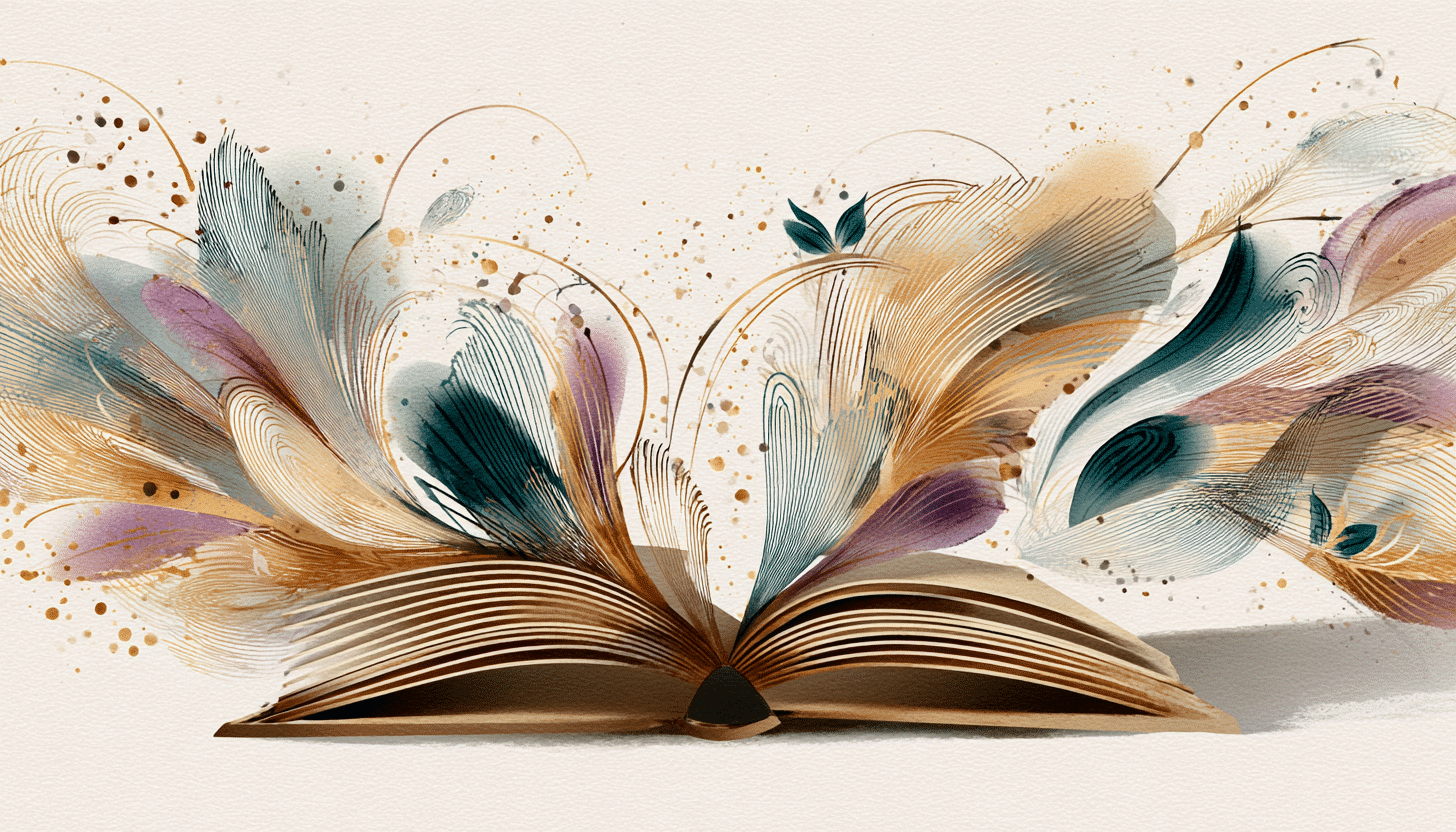What is Afrikaans Language Day?
Afrikaans Language Day (Afrikaanse Taaldag) is held every year on August 14 in South Africa. The day draws attention to the Afrikaans language, its speakers, and its long cultural and literary tradition. Afrikaans is a West Germanic language that developed in southern Africa, with influences from Dutch, Malay, Khoi, and other languages. It is spoken as a first or second language by millions in South Africa and Namibia, as well as in parts of Botswana and Zimbabwe. The day helps promote awareness of the language’s history and future in a diverse society.
This day serves as a reminder of the language’s changing status in post-apartheid South Africa. While it was once closely associated with state power and exclusion, it is now increasingly claimed as a language of diversity, identity and creativity. Afrikaans Language Day is an opportunity for language communities to meet, talk and reflect on the role of Afrikaans in a multilingual country. Events take place in schools, universities, libraries and local cultural centers across South Africa. Afrikaans-speaking people from different backgrounds take part, including writers, scholars and students.
History and origin
Afrikaans Language Day began as an initiative of cultural institutions that aimed to honor the first publication in Afrikaans in the early twentieth century. The movement grew around concerns for language equality and the recognition of Afrikaans alongside English and indigenous languages. Early events were organized by Afrikaans-language universities and writers’ associations. They focused on celebrating literature, translation and local speech varieties.
Over time, the day evolved and took on a broader social meaning. Afrikaans became both a language of power and protest during apartheid, used by both authorities and dissident voices. After the democratic transition in the 1990s, the day gained new life as a celebration of Afrikaans in all its diversity. Different communities began marking the day in their own ways, with local events that reflected the changing nature of the language. Afrikaans Language Day was also adopted by schools and cultural organizations in Namibia.
Today the day is used to explore the role of Afrikaans in education, the arts, and digital communication. It gives attention to Afrikaans as a living and creative language used across class, ethnic and religious lines. Speakers now use the day to raise questions about inclusion, language rights and linguistic heritage. More recently, themes such as youth language, urban dialects and multilingual storytelling have become part of the celebration. The day continues to change, but its focus on language and community remains central.
Who participates in Afrikaans Language Day?
- Afrikaans-speaking youth: Young people explore new ways of using Afrikaans in music, media and online platforms.
- Writers and poets: Authors contribute with readings, workshops and debates on literature and identity.
- Educators: Teachers organize language events, contests and lectures for their students.
- Heritage institutions: Museums, archives and libraries host exhibitions and language programs.
- Community groups: Local groups bring together families and neighbors for informal gatherings in Afrikaans.
Slogans and themes
Each year, Afrikaans Language Day adopts new slogans that reflect current debates and creative uses of the language. Phrases such as “Afrikaans is meer as een storie” or “Ek praat, dus bestaan ek” aim to reclaim Afrikaans as a diverse and inclusive language. The themes focus on breaking stereotypes, embracing multilingualism and celebrating informal registers. Instead of promoting a single standard, the day highlights all the ways Afrikaans is spoken today. This shift in themes has helped renew interest among younger speakers and marginalized communities.
Colors, symbols and patterns
Colors:
- Brown: Used to represent the earthy, local roots of the language.
- White: Symbolizes text, writing and expression across generations.
- Orange: Represents energy, youth culture and linguistic creativity.
Symbols:
- Book: A key symbol for Afrikaans literature, education and expression.
- Microphone: Stands for public speaking, poetry slams and radio shows.
- Map: Emphasizes the regional and cross-border use of Afrikaans.
Patterns:
- Letterforms: Stylized Afrikaans words are often used in graphic design.
- Waves: Symbolize oral storytelling and the rhythm of spoken Afrikaans.
- Braiding lines: Represent the interweaving of languages and dialects.
Most used hashtags
- #AfrikaansLanguageDay
- #Afrikaans
- #LanguageMatters
- #Taaldag
- #HeritageVoices
How do you celebrate Afrikaans Language Day?
- Attend a local reading: Many towns host public readings of poetry and short stories.
- Visit a library exhibition: Archives display old manuscripts and modern works in Afrikaans.
- Join a workshop: Creative writing and spoken word workshops attract a wide audience.
- Watch a play or film: Local theaters show Afrikaans-language productions.
- Organize a language walk: Explore the linguistic history of your town through guided tours.
Why is Afrikaans Language Day important?
Afrikaans Language Day creates space to reflect on a language that carries both difficult and empowering histories. In South Africa, language remains deeply linked to education, access and identity. By making room for different voices, the day helps dismantle the idea that Afrikaans belongs to one group only. It also challenges speakers to rethink their own linguistic assumptions. That makes it a day with social as well as cultural impact.
Language plays a crucial role in shaping how people see themselves and others. Afrikaans Language Day encourages communities to recognize the richness and complexity of their shared language. At the same time, it opens conversations about linguistic justice and representation. The day reminds us that languages grow and change through contact and creativity. In this way, it supports both heritage and innovation in the public sphere.
Features
August 14: Afrikaans Language Day (South-Africa)
Why do you keep falling for the same type?
Read the article Lovemaps: the hidden blueprint of our love.
Did you not find what you were looking for? Let me help you find more.

